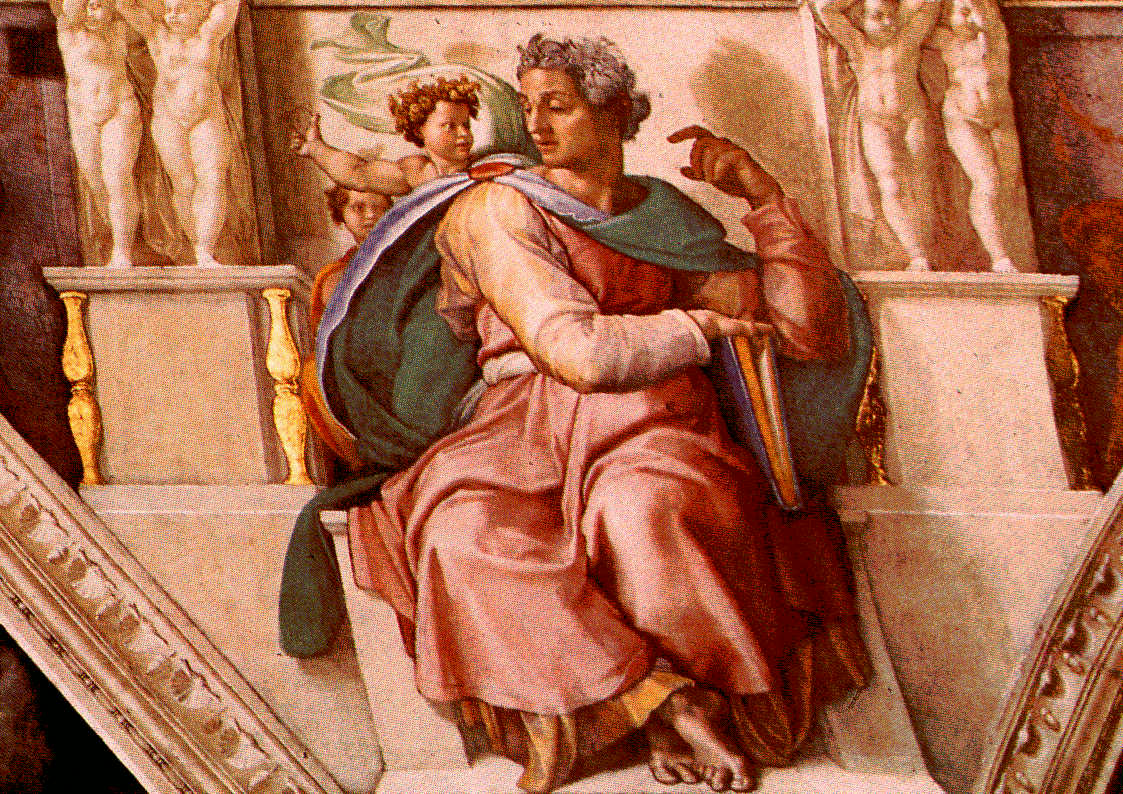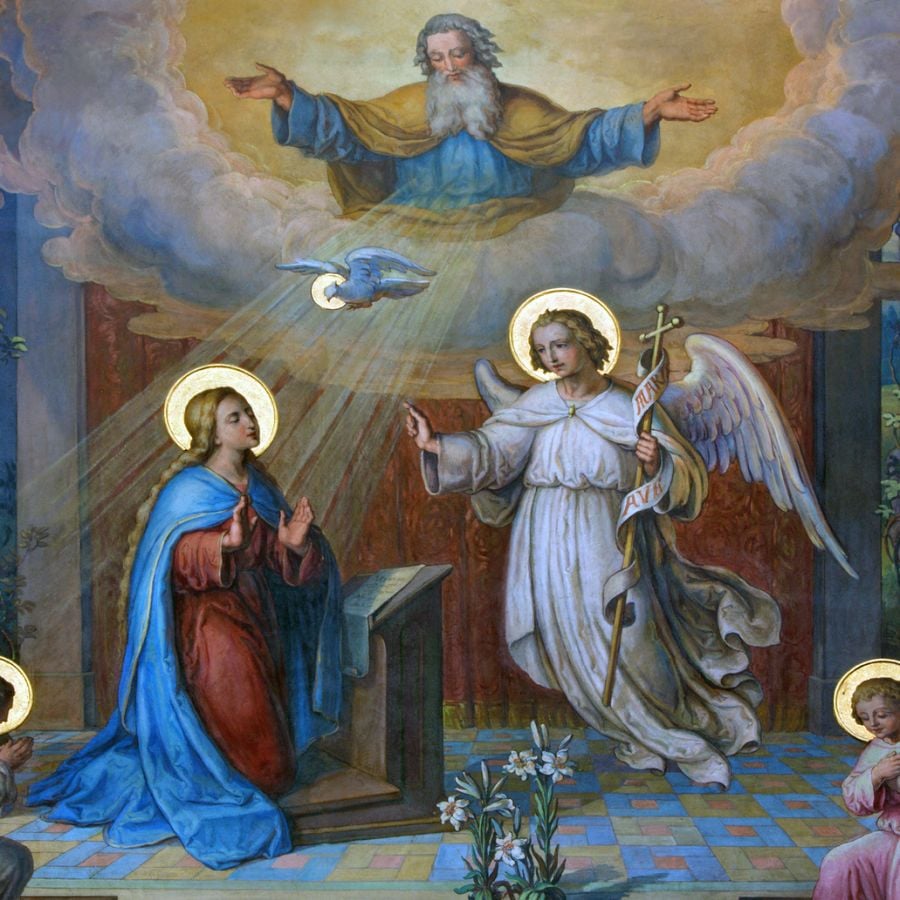
“There is a profound ache throughout this little character study, a steely determination coupled with an unbearable loss. And Tóibín is a wonderful writer: as ever, his lyrical and moving prose is the real miracle.” “The Testament of Mary is an important and persuasive book: Tóibín's weary Mary, sceptical and grudging, reads as far more true and real than the saintly perpetual virgin of legend. “ monumental achievement…equally powerful and poignant whether it’s read by one who espouses or eschews the New Testament…A tender, soul-rending exploration of a mother’s mourning a searing, stunning work.” “With this masterly novella, Tóibín has finally tackled the subject of Christianity-and he has done so with a vengeance…Nowhere in this beguiling and deeply intelligent, moving work is Mary’s attention to detail more instrumental (and more like a novelist’s) than in her account of her son’s death…In a single passage-and in a rendition, furthermore, of one of the most famous passages of western literature-Tóibín shows how the telling and the details are all-important.” “A deeply, if at times painfully, human portrait of Mary, tearing asunder the robes of red and blue that envelop her in paintings and sculptures.” “Tóibín suffuses the story with a sense of mystery and makes the reader feel (perhaps as never before) the tragedy of the crucifixion.” “Tóibín’s intimate approach make Mary feel more credible and human…The result, The Testament of Mary, feels true.” “Tóibín applies a Joycean ruthlessness…Imagining himself into Mary’s interior life is his boldest jump yet.” “A slim, grave, exquisitely emotional book… The Testament of Mary is a spellbinding, surprisingly reverent book.” Now the masterful Irish writer Colm Tóibín puts a jackhammer to the cozy, safe, Christmas-card version in The Testament of Mary.” “Mary-silent, obedient, observant-has echoed down two millennia, cementing a potent ideal in the Western imagination.

And, given that chance, she throws aside the blue veil of the Madonna to become wholly, gloriously human.” “Lovely, understated and powerfully sad, The Testament of Mary finally gives the mother of Jesus a chance to speak. “Dramatic and poetic…A powerful, devastating story.” “ exquisite novella…Tóibín gives a familiar story startling intimacy.” “Tóibín is at his lyrical best in The Testament of Mary, a beautiful and daring work…it takes its power from the surprises of its language, its almost shocking characterization, its austere refusal of consolation.” Praise For The Testament of Mary: A Novel… Tóibín’s tour de force of imagination and language is a portrait so vivid and convincing that our image of Mary will be forever transformed. This woman whom we know from centuries of paintings and scripture as the docile, loving, silent, long-suffering, obedient, worshipful mother of Christ becomes a tragic heroine with the relentless eloquence of Electra or Medea or Antigone. Mary judges herself ruthlessly (she did not stay at the foot of the cross until her son died-she fled, to save herself), and her judgment of others is equally harsh.



She does not agree that her son is the Son of God nor that his death was “worth it” nor that the “group of misfits he gathered around him, men who could not look a woman in the eye,” were holy disciples. She has no interest in collaborating with the authors of the Gospel, who are her keepers. In the ancient town of Ephesus, Mary lives alone, years after her son’s crucifixion. “Tóibín is at his lyrical best in this beautiful and daring work” ( The New York Times Book Review) that portrays Mary as a solitary older woman still seeking to understand the events that become the narrative of the New Testament and the foundation of Christianity-shortlisted for the 2013 Man Booker Prize.


 0 kommentar(er)
0 kommentar(er)
